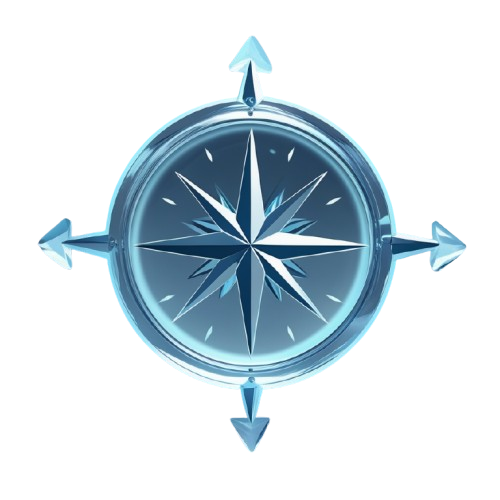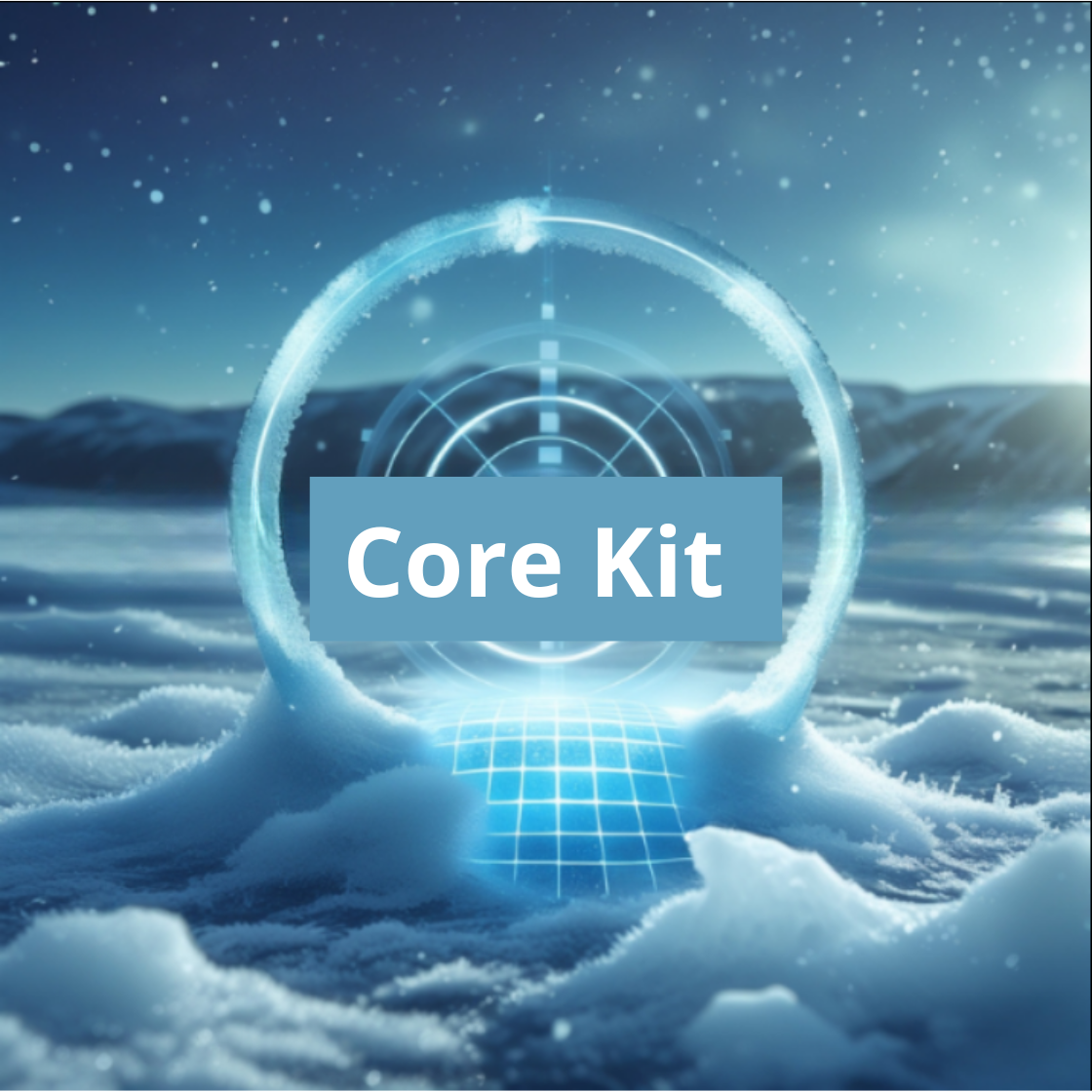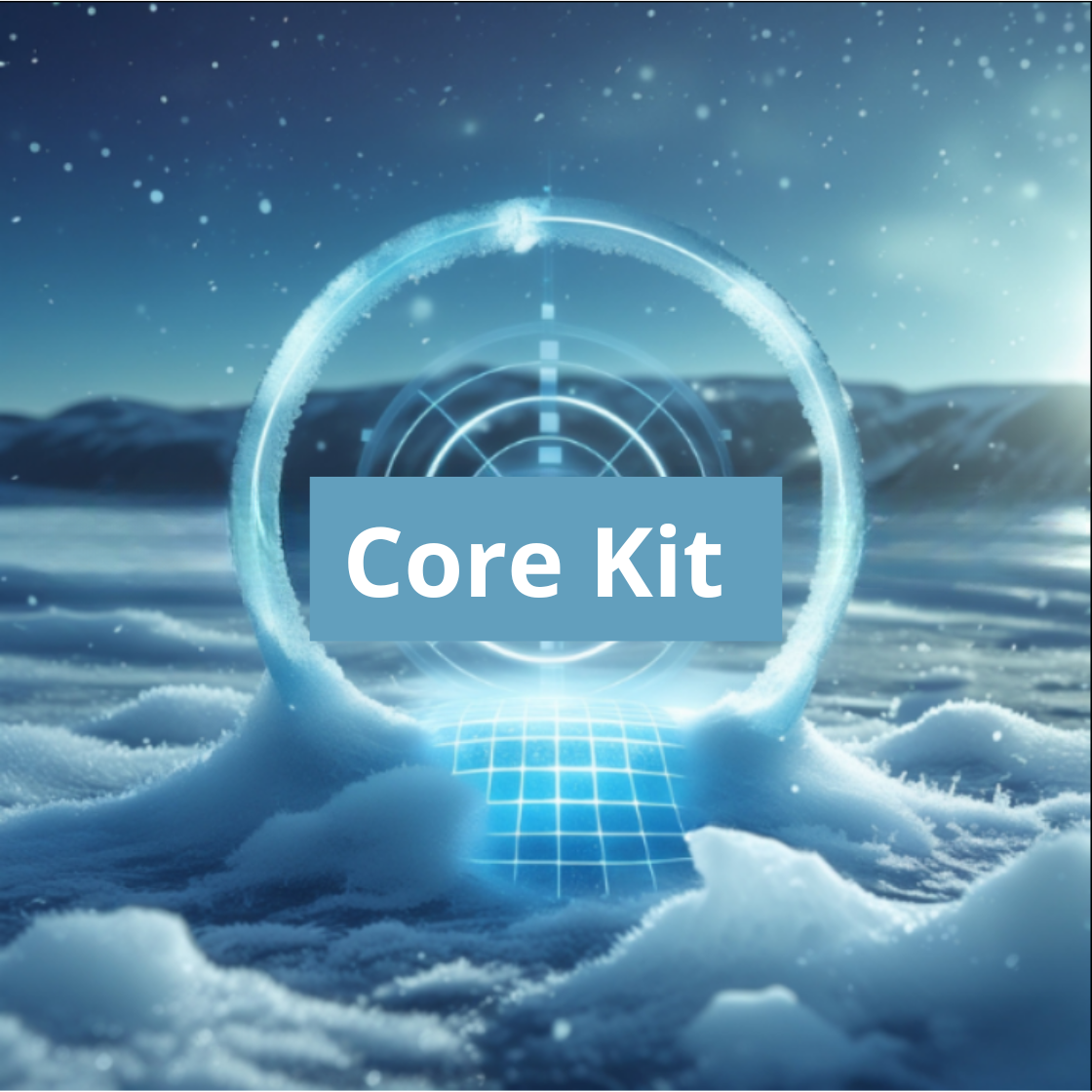Who We Are and How We Work
We create a learning space where each step has meaning and depth.
-

Direction
Materials are presented with clarity on where to start and how to continue.
-

Security
The topics cover key digital concepts that support confident action.
-

Completeness
Each module forms a coherent whole and builds on previous knowledge.
Nethara
Core Kit


Benefits of Learning with Us
Materials are tailored to match each difficulty level. Topics expand logically, providing full understanding step by step. The examples reflect real digital scenarios and help reinforce key ideas. Each course introduces a new area of focus and builds awareness.
The Nethara Team
Two professionals contribute their expertise to create content with depth and focus.
-

Emma Caldwell
Information Analyst
Emma specializes in digital safety with a practical and analytical mindset. She brings precision, detail, and relevance to course content. Her work centers on building learning modules that reflect the needs of today’s digital landscape. -

Michael Dorsey
Network Coordinator
Michael combines technical expertise with a deep understanding of digital systems. He supports content planning that helps students stay focused and think critically. His goal is to connect topics in a clear and thoughtful way.
Choose Your Direction
Courses are arranged by level, from introductory to advanced.
-
Frost Layer
Regular price $40.00 AUDRegular price -
Signal Trace
Regular price $50.00 AUDRegular price
Answers that help guide your learning journey
Frequently Asked Questions
How do I choose a course if I’m just starting out with the subject?
Start with courses that provide a general introduction to digital security. Each course description includes a brief explanation of the topics covered and who they’re for. Focus on the topics that most resonate with your experience. This way, you can get started without any pressure.
What is the average duration of one course?
It all depends on the volume of topics and the pace of learning. On average, one course takes from 10 to 36 hours. You can plan when and how much time to devote to learning. For some topics, a few days are enough, for others - more time for reflection.
Do I need to have technical background to understand the material?
Some courses are designed to introduce the topic and do not require prior knowledge. They explain the basics at a leisurely pace and with examples. Other courses are aimed at those who already have experience. The description of each course indicates the level of difficulty.
Are there examples from real-world digital environments?
Yes, most topics are accompanied by examples that are relevant to everyday use of technology. This allows you to better imagine how what you are learning is applied. The examples are selected so that they are understandable at different levels. This makes the learning more visual.








